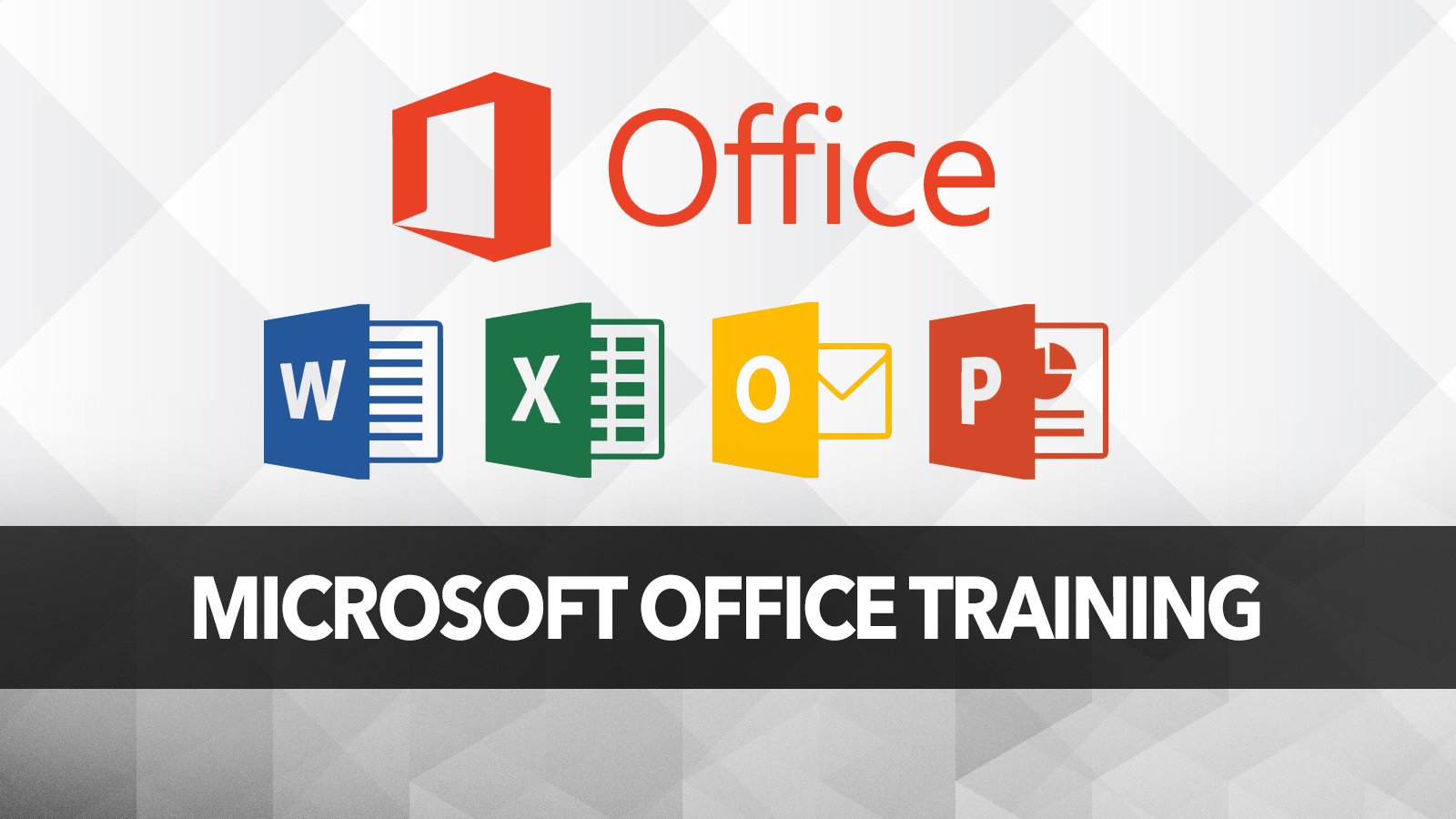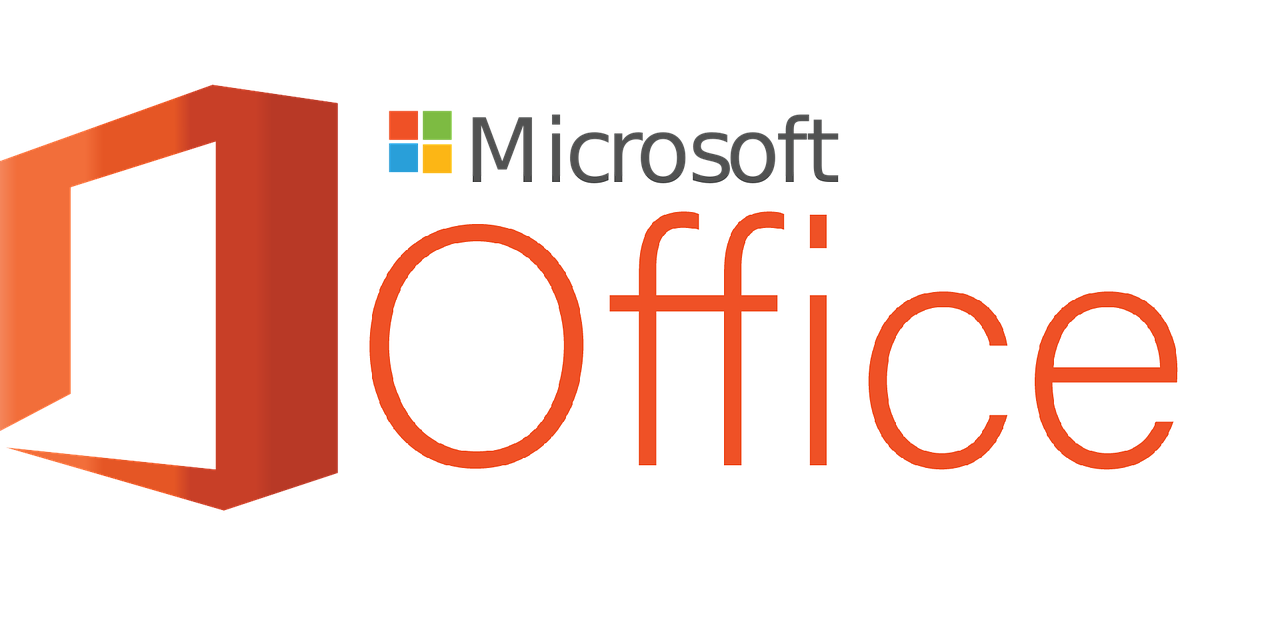Introduction to Microsoft Office Training
In today’s rapidly evolving digital workplace, proficiency in tools such as Microsoft Word, Excel, PowerPoint, and Outlook has become essential. Organizations increasingly depend on these applications for effective communication, data management, and presentation creation. A comprehensive Microsoft Office training program enables individuals to master these tools, thereby enhancing their professional skills and overall productivity. These skills not only make a significant difference in day-to-day tasks but also open doors for career advancement opportunities across various industries.
Online training programs for Microsoft Office are particularly valuable as they provide flexibility and accessibility to learners. Unlike traditional classroom settings, online courses allow participants to engage with the material at their own pace. This self-directed learning approach accommodates diverse schedules, making it feasible for working professionals to enhance their skill set without sacrificing their existing commitments. By utilizing modules that can be accessed anytime and anywhere, learners can revisit complex topics or practice exercises as needed, ensuring thorough understanding and retention of the material.
Moreover, online training often comes equipped with additional resources such as video tutorials, interactive quizzes, and forums for discussion. These supplementary materials further enrich the learning experience, catering to a variety of learning styles. Participants can reinforce their knowledge through practical exercises, quizzes, and real-world case studies, all of which are essential in mastering Microsoft Office applications. By engaging with these resources, learners can not only obtain certification but also develop confidence in their abilities to apply these tools effectively in a professional context.
Overview of Microsoft Office Applications
Microsoft Office is a suite of applications widely used for various professional and personal tasks. It comprises several essential programs, each tailored for specific functionalities, enhancing productivity and efficiency. One of the cornerstone applications is Microsoft Word, a powerful word processing tool that allows users to create, edit, and format documents. From crafting letters to producing comprehensive reports, Word’s rich features, such as templates and grammar checking, make it indispensable for both students and professionals alike.
Excel, another integral part of the Microsoft Office suite, is renowned for its data analysis and management capabilities. This spreadsheet application enables users to organize, analyze, and visualize data through functions, formulas, and charts. Excel is particularly useful in business environments for budgeting, forecasting, and tracking performance metrics, proving its relevance across various sectors. Familiarity with Excel enhances one’s ability to make data-driven decisions and streamline operations.
PowerPoint is the go-to application for creating compelling presentations. It allows users to design slideshows that can incorporate text, images, and multimedia elements. Its vast array of templates and transition effects makes it a favored choice for business briefings, educational lectures, and any scenario requiring visual storytelling. Mastering PowerPoint is essential for conveying ideas effectively and engaging audiences.
Finally, Microsoft Outlook serves as a comprehensive email and calendar management tool, facilitating efficient communication and organization. Users can manage their emails, schedule appointments, and set reminders within one interface, making it easier to stay organized in both personal and work settings. Understanding Outlook’s features can lead to improved time management and productivity, critical in today’s fast-paced environment.
Collectively, these Microsoft Office applications form a foundational skill set vital for succeeding in various aspects of life, reinforcing their importance in both personal and professional domains.
Benefits of Online Training Programs
Online training programs for Microsoft Office offer numerous advantages that cater to the diverse needs of learners. One of the primary benefits is the flexibility of self-paced learning. Unlike traditional in-person classes, online courses allow individuals to progress through the material at their own speed, accommodating busy schedules and personal commitments. This adaptability is especially valuable for professionals who may need to juggle work alongside their educational pursuits.
Access to expert instructors is another significant advantage of an online training program. Learners can engage with qualified professionals who possess extensive knowledge and experience in Microsoft Office applications. Online platforms often enable students to interact with instructors through discussion forums, live webinars, or one-on-one sessions, fostering a richer learning experience. This direct line of communication can enhance understanding and facilitate personalized guidance on difficult topics.
Furthermore, the convenience of online study cannot be overstated. Learners can access materials from anywhere with an internet connection, eliminating the need for commuting to a physical location. This accessibility makes it easier for individuals to integrate learning into their daily routines. Alongside convenience, online training programs typically offer a wealth of diverse resources, such as video tutorials, interactive exercises, and downloadable materials. These varied formats cater to different learning styles, ensuring that all participants can engage with the content effectively.
Finally, obtaining a certification through an online training program can serve to validate one’s skills to potential employers. In today’s competitive job market, having a recognized certification in Microsoft Office can distinguish an applicant from others. It demonstrates commitment to professional development and competence in essential software that many businesses rely upon. This endorsement can be a decisive factor for employers when making hiring decisions.
Curriculum Structure and Course Content
The curriculum of an online Microsoft Office training program is meticulously designed to encompass a comprehensive understanding of each application within the suite, ensuring participants can unlock their full potential with these essential tools. Typically, the program consists of several modules, each targeting a specific application, such as Microsoft Word, Excel, PowerPoint, and Outlook. Each module is structured to provide a blend of theoretical knowledge and practical skills.
For example, the Microsoft Word module will cover key topics such as document formatting, styling, use of templates, and collaborative editing features. Participants will engage in hands-on projects where they create diverse documents, including reports and resumes, reinforcing their understanding through practical application. Similarly, the Excel module delves into data management practices, including formulas, functions, and chart creation, with real-world exercises such as budgeting and data analysis to solidify these concepts.
The PowerPoint module focuses on presentation design principles, where learners craft engaging slide decks, utilizing features such as animations, transitions, and multimedia elements. The coursework also includes assessments to gauge proficiency and understanding at the end of each module, ensuring that students can apply their skills effectively.
Furthermore, the program typically spans several weeks, allowing ample time for participants to engage meaningfully with the content and complete assessments without feeling rushed. Prerequisites for enrollment may vary, but a basic familiarity with computers and a willingness to learn are generally sufficient. Overall, this well-rounded curriculum ultimately aims to empower individuals with the crucial skills and certifications needed for success in various professional environments.
Getting Certified and Advancing Your Career
Upon completion of the Microsoft Office online training program, learners are presented with the opportunity to earn a highly recognized certification. This credential serves as a testament to their proficiency in Microsoft Office applications, which include critical tools such as Word, Excel, PowerPoint, and Outlook. Achieving certification not only validates a learner’s skills but also enhances their professional profile, making it an invaluable asset in the competitive job market.
The certification process typically involves taking a series of assessments that evaluate the user’s ability to effectively utilize various applications within the Microsoft Office suite. These exams are designed to ensure that candidates demonstrate a comprehensive understanding of features, functions, and best practices associated with each application. Preparing for these assessments through structured training enables learners to confidently approach the exams, often resulting in high pass rates and immediate recognition of their capabilities by employers.
Once certified, individuals can significantly improve their employment prospects. According to various studies, candidates with Microsoft Office certification are often viewed more favorably by hiring managers, as these credentials signal a commitment to professional development and mastery of relevant tools. Furthermore, holding a Microsoft certification can open doors to advanced positions in numerous fields, including administration, finance, marketing, and technology, where proficiency in Microsoft Office applications is crucial.
To maximize the benefits of certification, candidates should incorporate their newly acquired credentials into their resumes and LinkedIn profiles, emphasizing how their skills can fulfill the needs of potential employers. Highlighting specific projects or achievements that utilized Microsoft Office will further demonstrate the practical application of their knowledge. Engaging in networking opportunities and attending industry events can also enhance visibility and increase chances of landing desirable roles. By taking proactive steps to leverage their Microsoft certification, professionals can effectively advance their careers and unlock new potentials.






Reviews
There are no reviews yet.